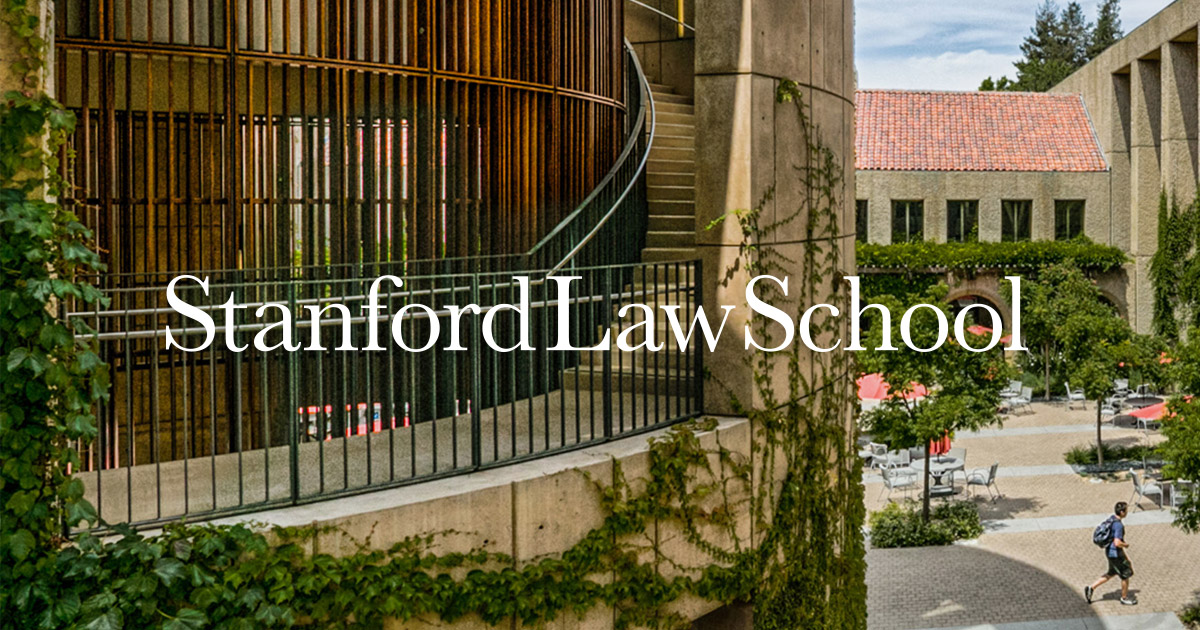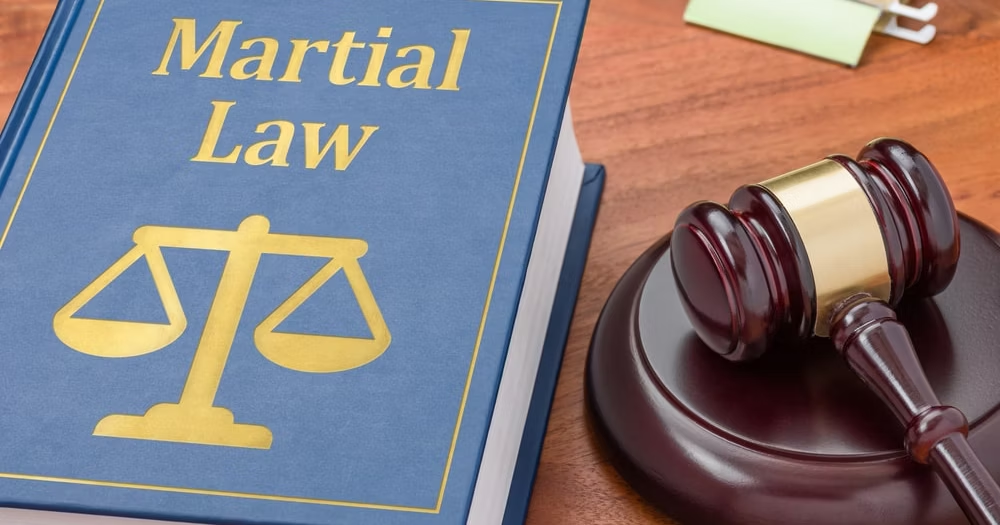In the realm of legal defense, few roles are as critical and demanding as that of a defense lawyer. This is especially true when a lawyer has the esteemed background of studying at Stanford University, one of the top law schools in the country. But what exactly does a defense lawyer do, and how does their education and experience influence their role in Texas? This article will explore the vital functions of a Stanford University defense lawyer in Texas, shedding light on their responsibilities, skills, and the impact they make in the legal system.
What is a Defense Lawyer?
A defense lawyer, also known as a criminal defense attorney, is a legal professional who represents individuals accused of criminal offenses. Their primary role is to provide a robust defense to ensure their clients receive a fair trial and are protected under the law. Defense lawyers handle a wide range of cases, from minor offenses to serious felonies, and their work involves investigating the case, representing the client in court, and negotiating plea deals.
The Stanford Law School Advantage
Stanford University’s Law School is renowned for its rigorous academic program and its emphasis on developing top-notch legal professionals. Graduates of Stanford Law School are known for their analytical skills, deep understanding of the law, and innovative approaches to legal challenges. A defense lawyer from Stanford brings a wealth of knowledge and expertise to their practice, which can significantly impact their effectiveness in defending clients in Texas.
Key Responsibilities of a Stanford University Defense Lawyer
- Case Investigation and Preparation: One of the first and most crucial tasks for a defense lawyer is to investigate the details of the case thoroughly. This involves reviewing evidence, interviewing witnesses, and gathering information that could be beneficial to the defense. A Stanford-trained lawyer employs meticulous research skills and a strategic approach to build a strong defense.
- Legal Representation in Court: Defense lawyers represent their clients in court proceedings, including trials, hearings, and bail reviews. They present arguments, cross-examine witnesses, and challenge the prosecution’s evidence. A defense lawyer with a Stanford education is adept at crafting persuasive arguments and utilizing advanced legal strategies to advocate for their clients.
- Negotiating Plea Deals: In many cases, a defense lawyer will negotiate with the prosecution to reach a plea deal. This is an agreement where the defendant pleads guilty to a lesser charge in exchange for a lighter sentence. A Stanford-trained lawyer uses their negotiation skills and legal knowledge to secure favorable terms for their clients.
- Providing Legal Advice: Defense lawyers offer valuable legal advice to their clients, helping them understand their rights and the potential outcomes of their case. They guide their clients through the legal process, ensuring they make informed decisions. A lawyer from Stanford brings a high level of expertise to this advisory role, offering insightful and strategic guidance.
- Ensuring Fair Trial Rights: A fundamental duty of a defense lawyer is to ensure that their client’s constitutional rights are upheld throughout the legal process. This includes protecting the client’s right to a fair trial, the right to remain silent, and the right to legal representation. Stanford-trained lawyers are particularly skilled in safeguarding these rights and addressing any violations that may occur.
Challenges Faced by Defense Lawyers in Texas
Defense lawyers in Texas face a range of challenges as they work to defend their clients. Some of the common challenges include:
- Complex Legal Landscape: Texas has a complex legal system with a multitude of statutes and regulations. Navigating this landscape requires a deep understanding of the law, which a Stanford-trained lawyer is well-equipped to handle.
- High-Profile Cases: High-profile cases can attract significant media attention and public scrutiny. Defense lawyers must manage these pressures while providing effective representation. The training and experience gained from Stanford Law School prepare lawyers to handle such high-stress situations with professionalism.
- Resource Constraints: In some cases, defense lawyers may face limitations in terms of resources and funding. This can affect their ability to conduct thorough investigations or access expert witnesses. A Stanford-trained lawyer uses creative problem-solving skills to overcome these obstacles and advocate effectively for their clients.
The Impact of a Stanford University Defense Lawyer in Texas
The presence of a Stanford University defense lawyer in Texas can have a profound impact on the legal system and the outcomes of criminal cases. Their expertise and high level of education contribute to:
- Enhanced Legal Representation: Clients benefit from top-notch legal representation, which increases their chances of a favorable outcome. Stanford-trained lawyers bring advanced legal techniques and a deep understanding of criminal law to their cases.
- Innovation in Legal Strategies: Lawyers from Stanford often employ innovative legal strategies and approaches, which can lead to more effective defenses and positive results for their clients.
- Advancement of Legal Practices: The skills and knowledge of Stanford-trained lawyers can influence the broader legal community, setting new standards for legal practices and advocating for reforms.
Case Studies: Success Stories in Texas
Examining real-life examples of Stanford-trained defense lawyers in Texas can provide insight into their impact. For instance: you can also read this: itstexastime.com
- Case Study 1: In a notable case involving a complex financial crime, a Stanford-trained lawyer successfully utilized advanced forensic accounting techniques to uncover critical evidence that exonerated their client. This case highlighted the lawyer’s ability to apply sophisticated legal and analytical skills to achieve a just outcome.
- Case Study 2: In another case involving a serious felony charge, a Stanford-trained defense lawyer negotiated a favorable plea deal that significantly reduced the client’s sentence. The lawyer’s strategic approach and negotiation skills were instrumental in securing a positive result.
Conclusion: The Vital Role of Stanford University Defense Lawyers in Texas
The role of a Stanford University defense lawyer in Texas is both crucial and impactful. Their extensive education and training provide them with the skills and knowledge needed to navigate the complexities of the legal system and advocate effectively for their clients. Through rigorous case preparation, skilled representation, and innovative legal strategies, these lawyers play a significant role in shaping the outcomes of criminal cases and upholding justice. As they continue to influence the legal landscape in Texas, the contributions of Stanford-trained defense lawyers remain invaluable.





